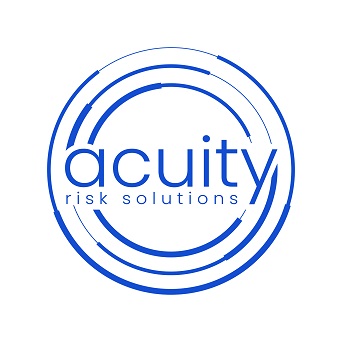Australia’s skills shortage and high manufacturing costs mean importing products and parts from overseas can make good business sense.
This article is your risk management update on sourcing from foreign manufacturers.
Risks of imported products/components
Using overseas manufacturers to source parts and products raises these issues:
- Poor product safety. This can result in costly recalls for your business.
- Low product quality. Where the manufacturer cuts corners or uses substitutes to source their raw materials to make your items.
- Intellectual property. A manufacturer uses your product design to make and sell the products themselves.
- Decreasing value of the Australian dollar and higher interest rates – these are believed to have led to a 12% drop in capital goods imported in August compared with July.
- Insurance. Overseas insurers often lack suitable insurance for Australia, limiting legal recourse. In case of injury, Australian importers or manufacturers may face initial liability, leading to expensive efforts to recover costs from overseas manufacturers.
- Global risks. If you rely on an overseas manufacturer/supply, you are more vulnerable to a wider range of issues (geopolitical tensions, natural disasters, unreliable energy, epidemics etc) that could disrupt the supply chain than if you used a domestic one.
If there’s any issue with the overseas-made product, you must manage it yourself. Your aggrieved customers will claim against you, not the manufacturer.
Implementing quality control
Enhancing quality control involves third-party inspectors or cautiously relying on the manufacturer’s home country regulations. Notably, around half of China’s exported food and drug products don’t meet its stringent export rules. Here’s what you can do:
- Check the supplier has their country’s license to make and export the product/parts for you.
- Verify those items passed that country’s government export inspection (be sure to double check what your supplier claims)
- Source examples of products to check their quality before you sign a deal.
- Follow up on any problems you may have with a manufacturer – know your limits so you replace problem manufacturers early
- Keep detailed records of issues
- Get your contract right – see below in the checklist.
Conduct a product liability audit
Annually, conduct a comprehensive self-audit focusing on product liability. Scrutinise potential suppliers, evaluating ownership, manufacturing, finances, legal history, and third-party feedback. Regularly re-evaluate and maintain supplier records. Ensure contracts are legally sound with the assistance of lawyers specialising in overseas suppliers. Verify compliance with laws and regulations and gain insights into customs and quarantine rules for Australian imports. Ensure accurate marketing claims, including country of origin, and disclose product risks. Perform a self-audit when onboarding new suppliers or launching new products.
Your importer checklist
As an importer, ensure the following are part of your product liability risk management:
- Vet overseas suppliers through on-site visits and references, ensuring ethical standards.
- Seek legal advice on contracts, patents, and intellectual property in the manufacturer’s country.
- Use written contracts for indemnity, intellectual property and dispute resolution.
- Specify quality, specifications, minimum orders, and exclusivity in contracts.
- Negotiate insurance coverage with appropriate limits and indemnity terms.
- Verify supplier facilities and costs before finalising deals.
- Establish clear communication for changes in materials, specifications, and subcontractors.
- Have third-party inspections for quality and safety, both on-site and at entry ports.;
- Monitor international currency fluctuations and optimise transaction rates with your bank.
- Track customer trends and complaints to monitor product performance.
- Develop a comprehensive product recall and crisis communications plan for brand protection.
Your next step
Importing a cost-effective business move, but Australian laws make importers responsible for defective or unsafe products. Product liability insurance is crucial for business protection. Ensure your policy covers all product lines; consult for details.

